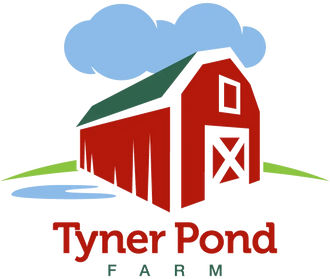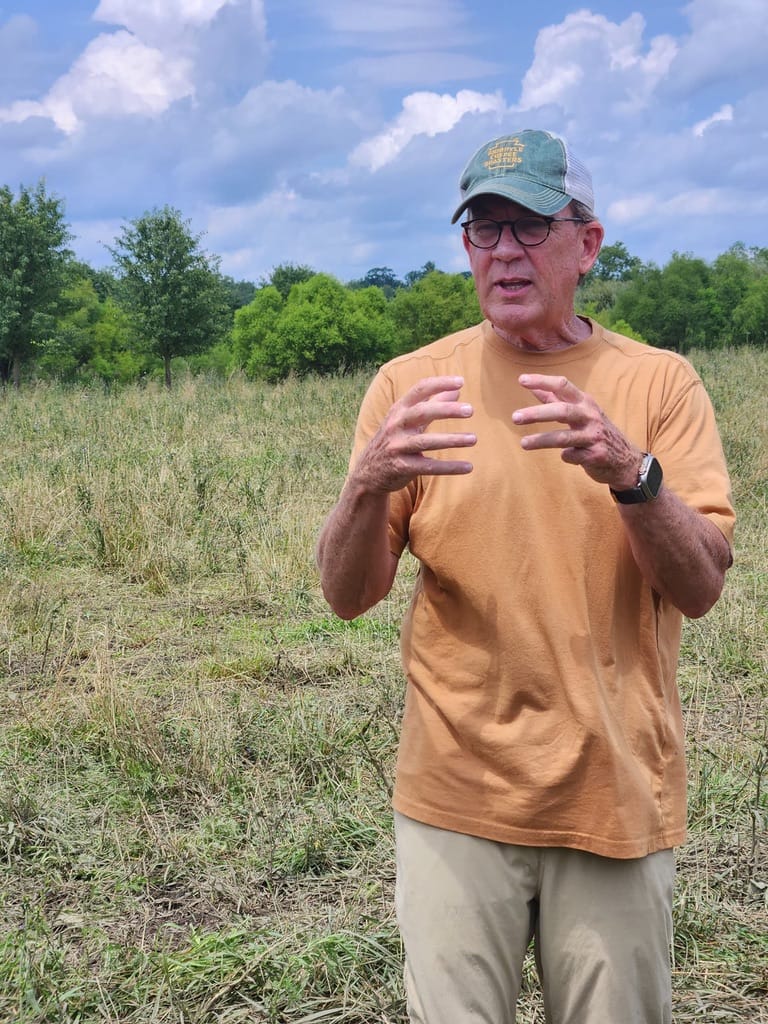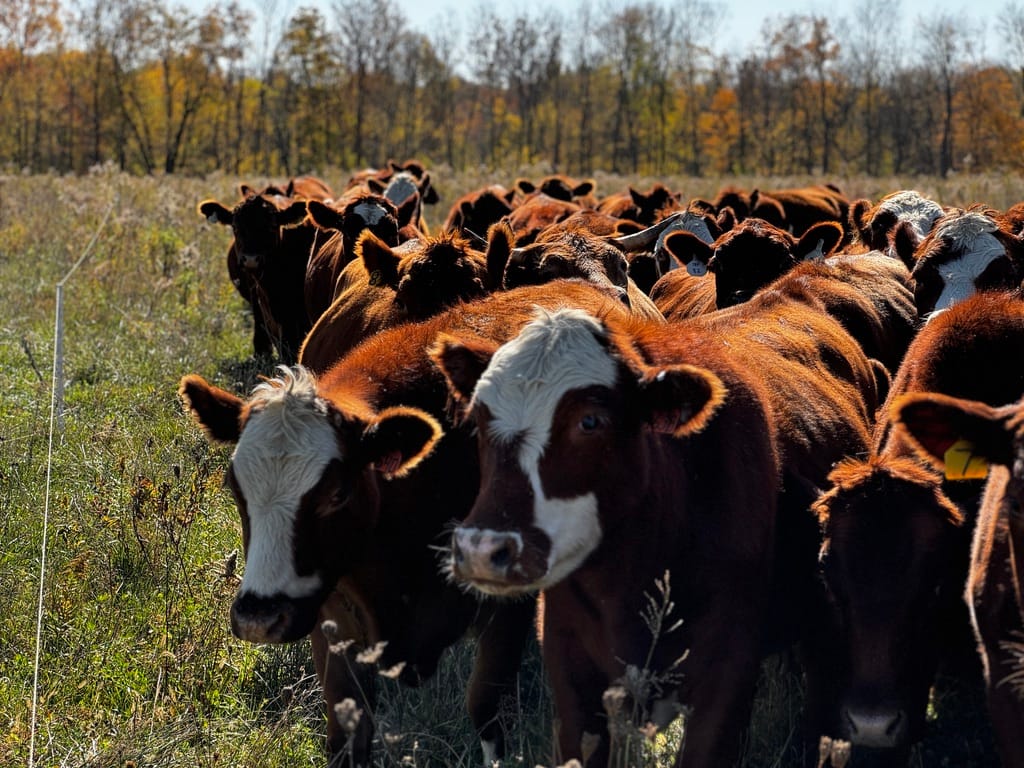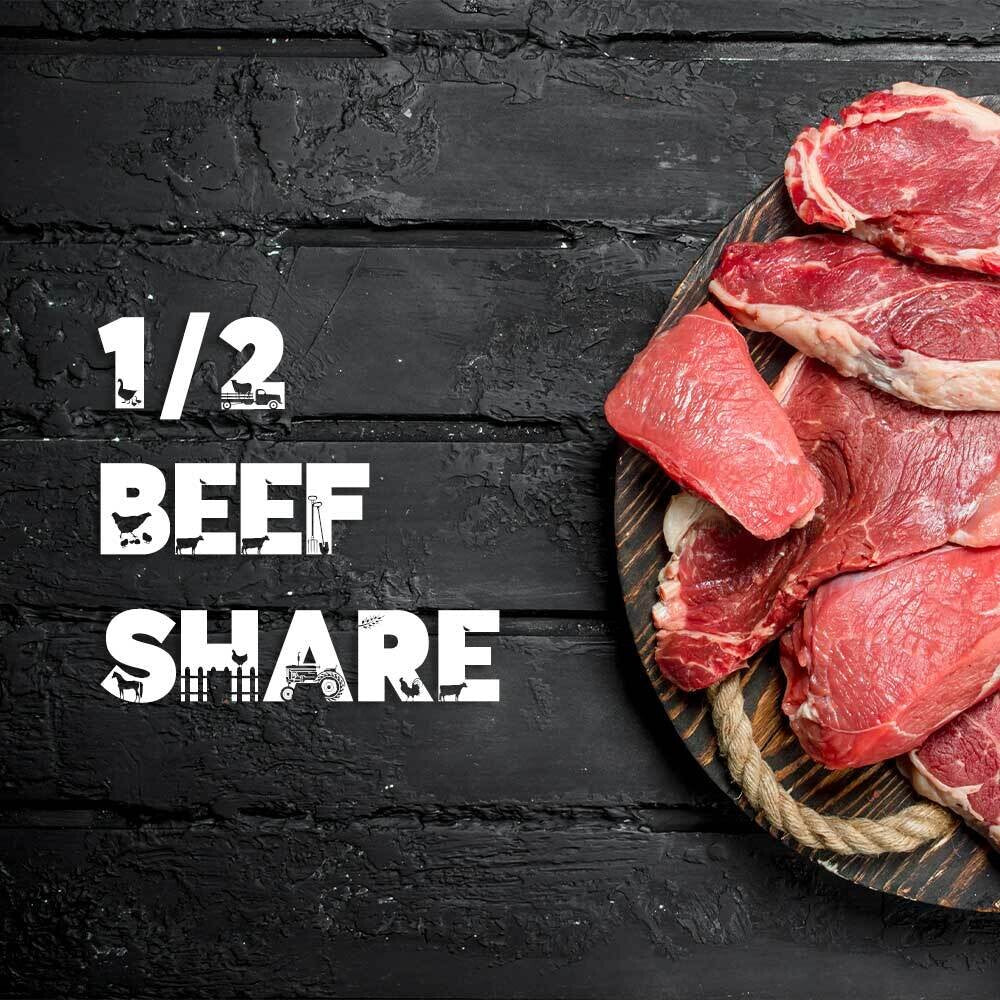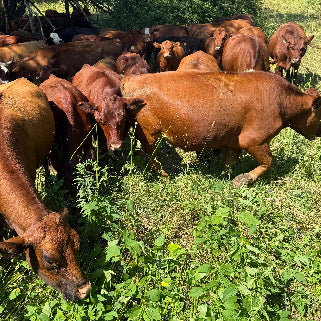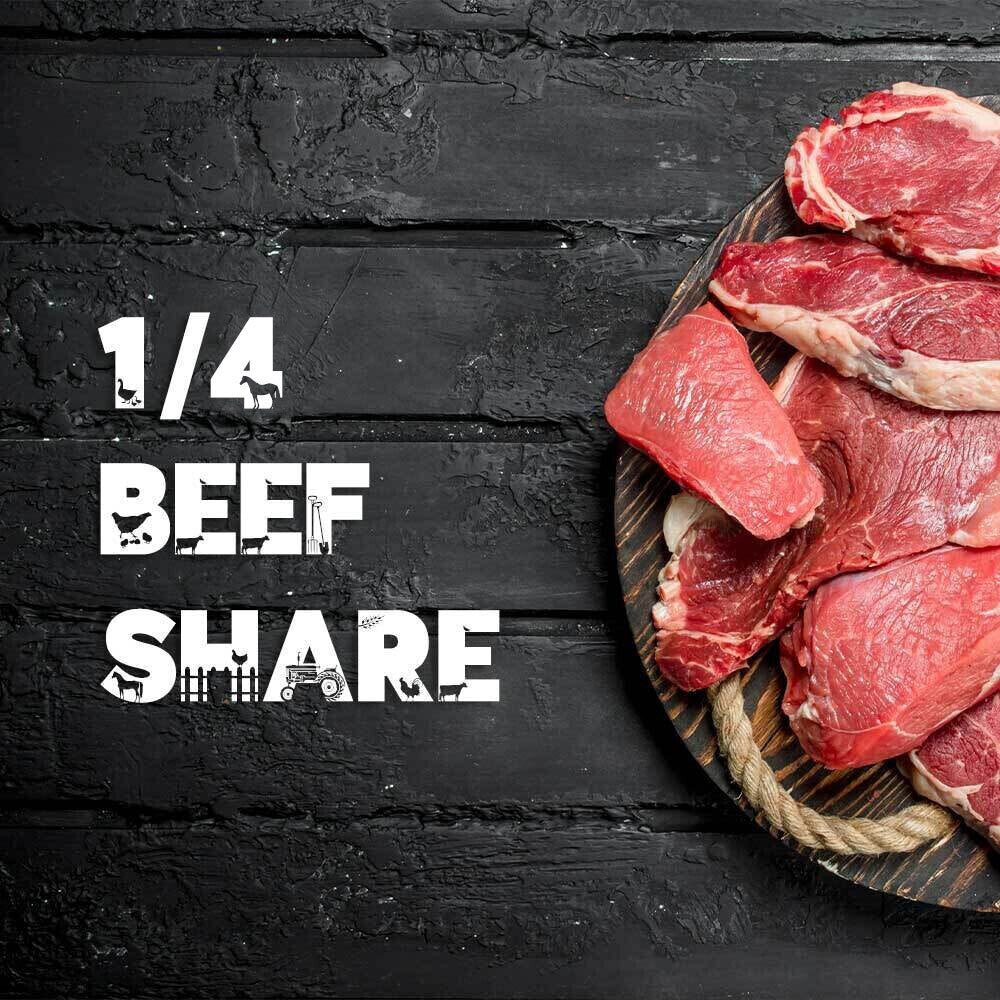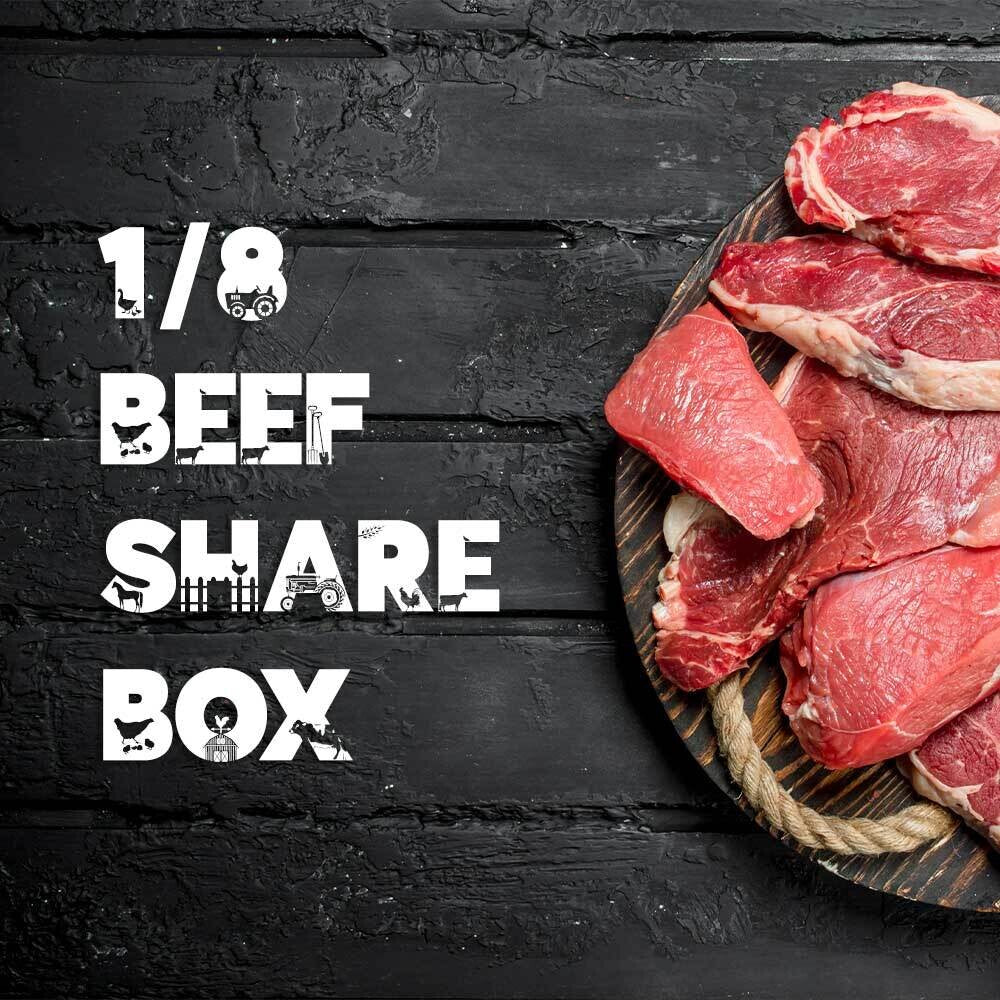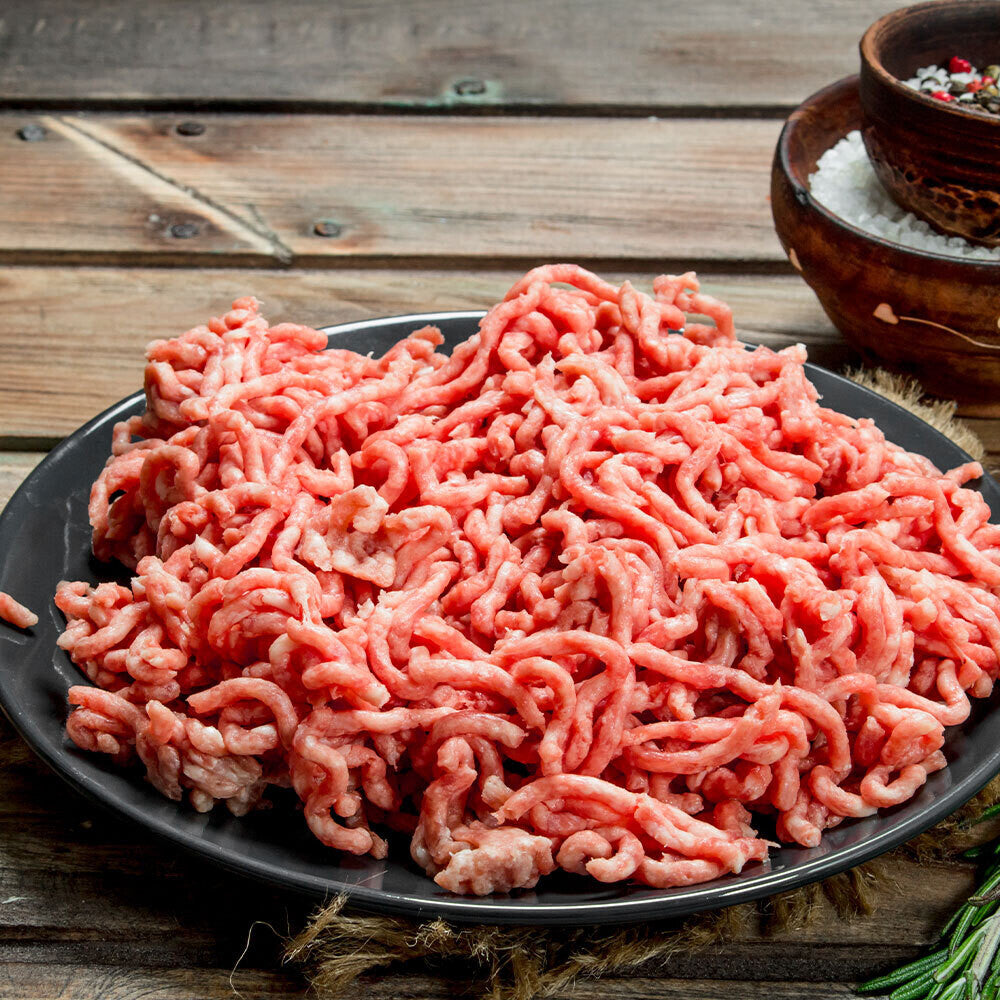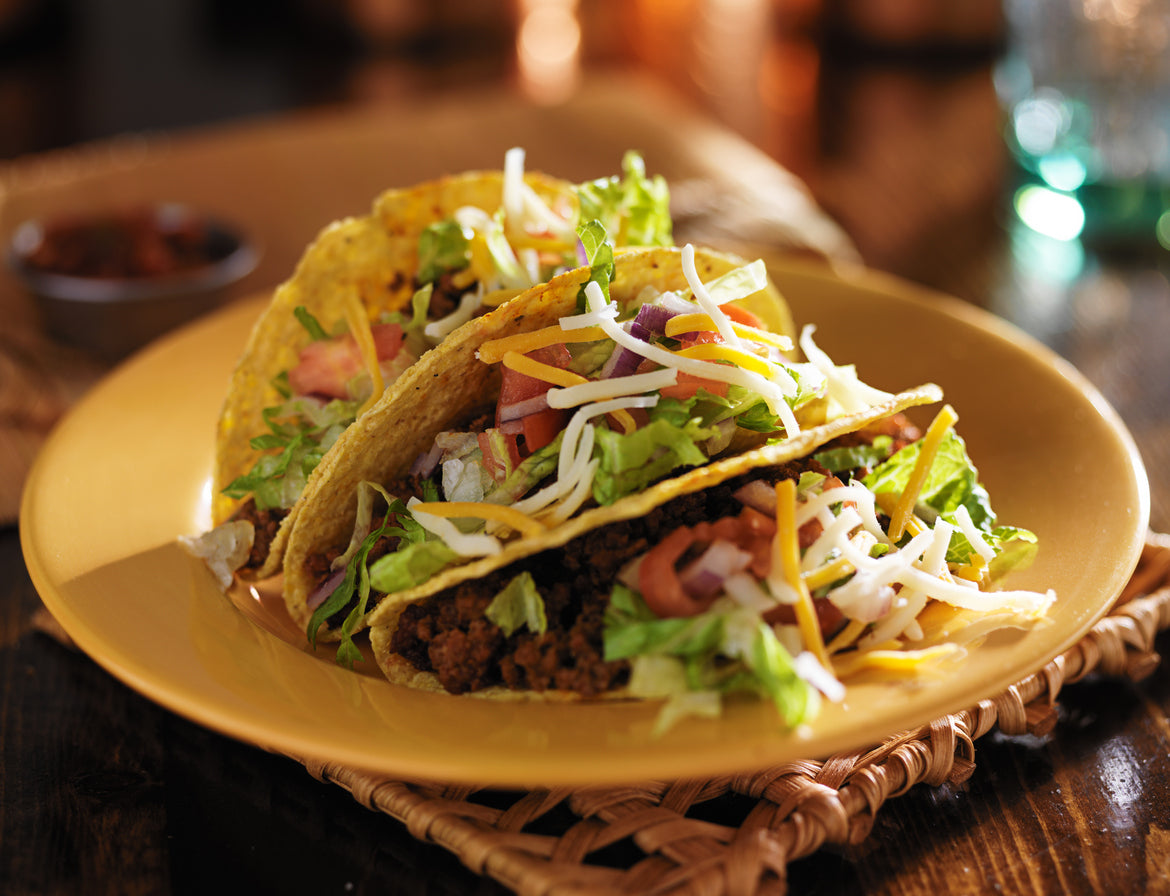
Complicated and Complex Systems Aren’t the Same Thing
I often hear people use the words "complicated" and "complex" as if they mean the same thing, but in reality, they describe very different types of systems. At first glance, they might seem similar—both involve multiple parts or factors—but the key difference is in how those parts interact. A complicated system can be broken down into manageable pieces, each working predictably, while a complex system is far less predictable, with interactions that can lead to unexpected outcomes. Understanding this distinction has been critical for how we approach farming at Tyner Pond, where regenerative agriculture depends on managing complexity, not just complications.
In regenerative agriculture, the distinction between complicated and complex systems is not just a technical one—it reflects deeper philosophical approaches to how we understand and manage the land.A complicated system fits within a reductionist framework. In reductionist thinking, we break things down into their individual components and focus on how each part works. This approach can be effective when dealing with systems like machinery or irrigation. For example, if a tractor breaks down, you can analyze each part, identify the problem, and fix it in isolation. The system is intricate, but ultimately, it’s predictable. Solutions come from mastering individual pieces and making them work together in a controlled, linear way. However, regenerative agriculture operates in the realm of complex systems, which require a more holistic mindset. In complex systems, like ecosystems or soil microbiomes, the interactions between parts lead to outcomes that cannot be predicted by simply looking at the individual components. A pasture, for instance, is more than just grass and animals—it's a dynamic web of relationships involving soil health, plant diversity, animal behavior, and weather patterns. When one factor changes, it can have far-reaching, sometimes unforeseen effects across the entire system. Holistic thinking recognizes that you cannot manage a complex system with a reductionist mindset. Instead of focusing on parts in isolation, holistic management encourages us to consider how every action impacts the whole. At Tyner Pond Farm, for instance, we adapt our grazing practices based on the entire ecosystem's needs, not just the growth of a particular forage species. We consider soil health, water retention, and animal well-being as interconnected, allowing us to respond to changes and opportunities within the system as they arise. So, while complicated systems lend themselves to reductionist, part-by-part analysis, complex systems—like those found in regenerative agriculture—require holistic thinking. By understanding the interactions within these systems, we can manage them more effectively, adapting to their inherent unpredictability and working with the natural complexity that defines sustainable farming.
Tags:
Previous post
The Nutrient Density and Value of Our Whole Pasture-Raised Chickens
Next post
